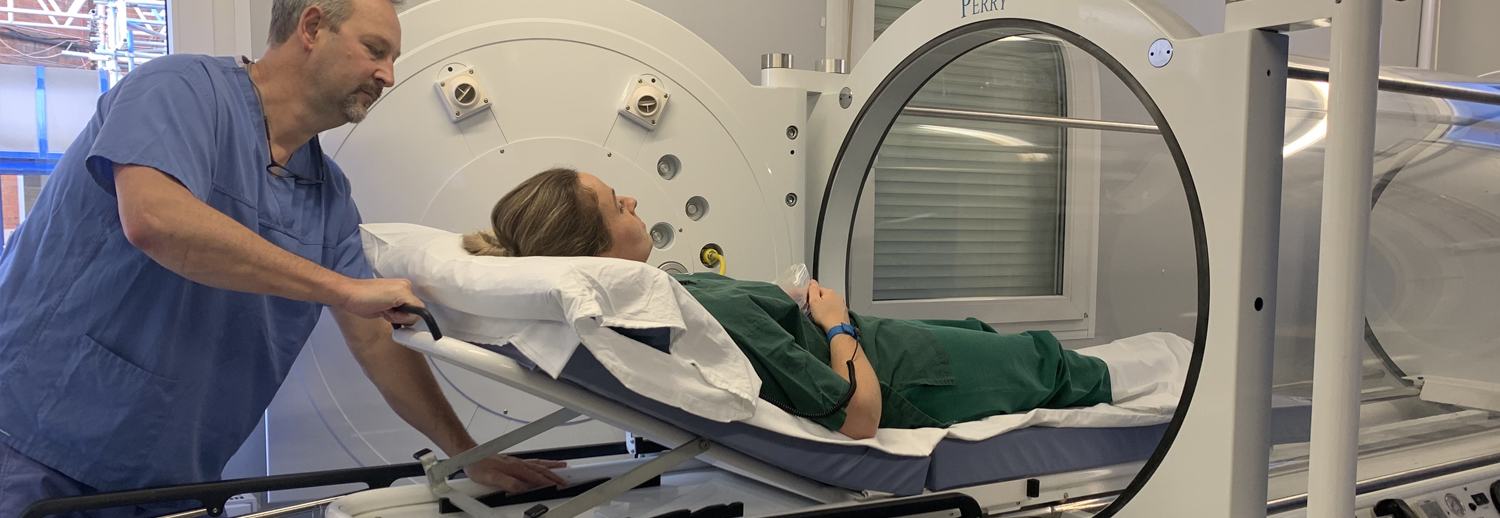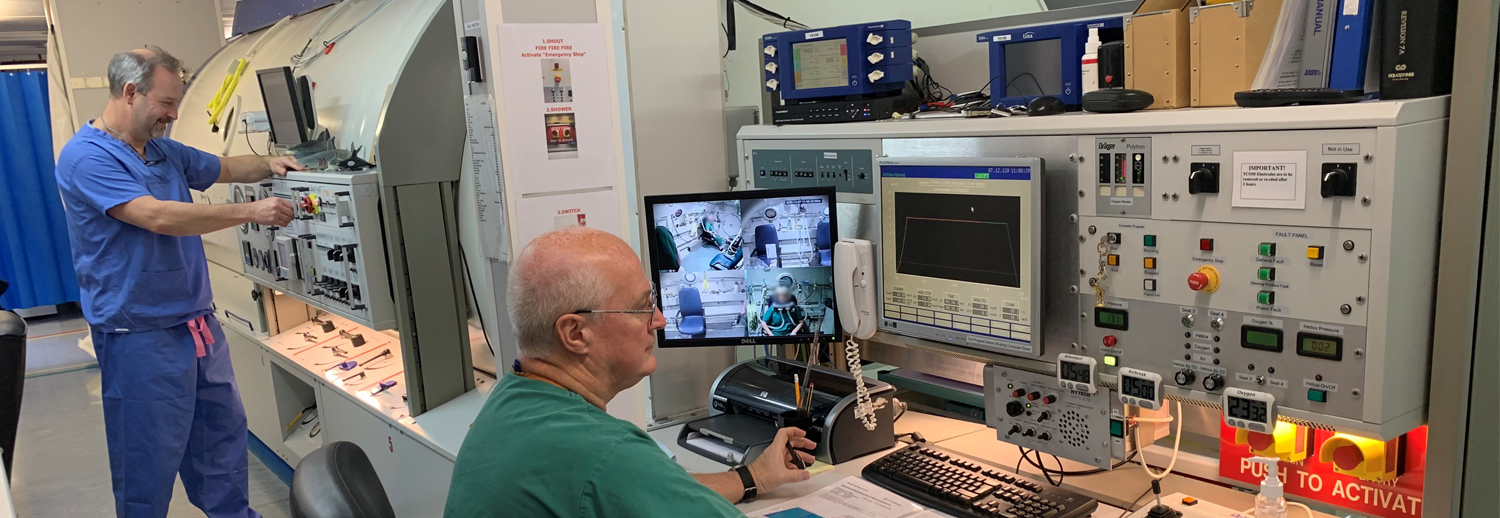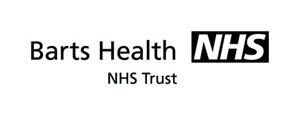London Hyperbaric Medicine Private Care
Please Note: our Private Care service for elective conditions will be resumed on 1st February 2026. Unfortunately we are unable to offer HBOT treatments before that date.
The Hyperbaric Unit at Whipps Cross University Hospital is a specialist centre for hyperbaric and diving medicine, with over twenty-five years’ experience in the assessment and treatment of patients using Hyperbaric Oxygen Therapy (HBOT).
Alongside its commissioned emergency hyperbaric capability for acute decompression illness and gas embolism, LHM Healthcare provides a range of private and elective hyperbaric medical services delivered through separate clinical and funding pathways.
Our London facility houses a large multiplace chamber and a smaller monoplace chamber and is staffed by a highly experienced multidisciplinary team, including physicians specialising in hyperbaric medicine.
We are recognised nationally and internationally for delivering safe, high-quality hyperbaric care in accordance with NHS England guidance and the British Hyperbaric Association Code of Practice.
All patients accessing private or elective HBOT are assessed by one of our hyperbaric medicine physicians to determine whether treatment is clinically appropriate.
We offer assessment and treatment for a broad range of internationally recognised indications for hyperbaric oxygen therapy, working closely with referring clinicians to ensure coordinated and clinically appropriate care.
Many patients are referred with conditions associated with impaired tissue healing, including complications related to diabetes or following radiotherapy for cancer treatment.
Hyperbaric oxygen therapy involves breathing oxygen at increased atmospheric pressure within a specialised chamber. This allows significantly higher levels of oxygen to be delivered to body tissues, supporting healing and recovery in selected conditions where conventional treatments alone may be insufficient.
Private and elective hyperbaric services are self-funded or insurer-funded and are delivered independently of NHS England commissioning arrangements. NHS-commissioned emergency services, where applicable, always take priority.
Individualised HBOT care plans are designed to complement standard medical or surgical care and to optimise clinical outcomes. For selected patients, HBOT may offer benefits not achieved with standard therapies alone.
For further information about private and elective hyperbaric assessment or treatment, please contact our Patient Administration Manager on 020 8539 1222.






